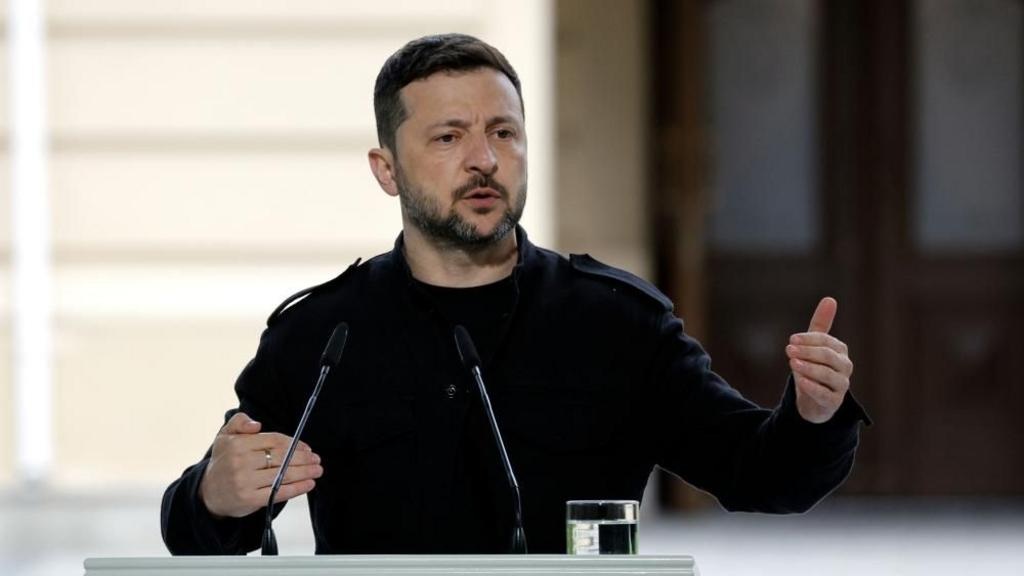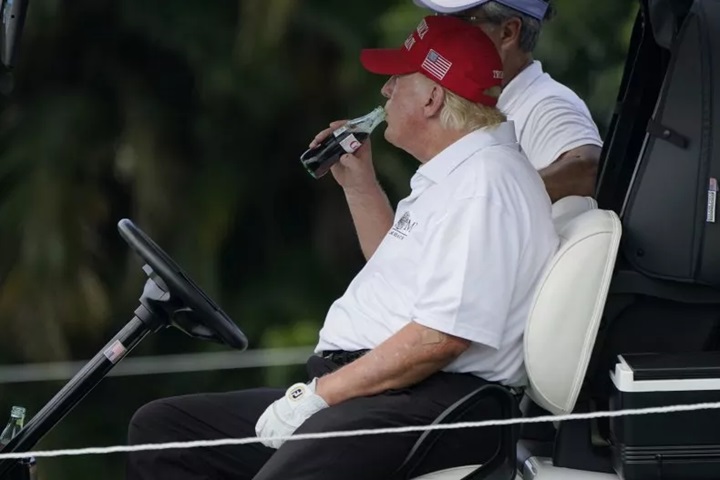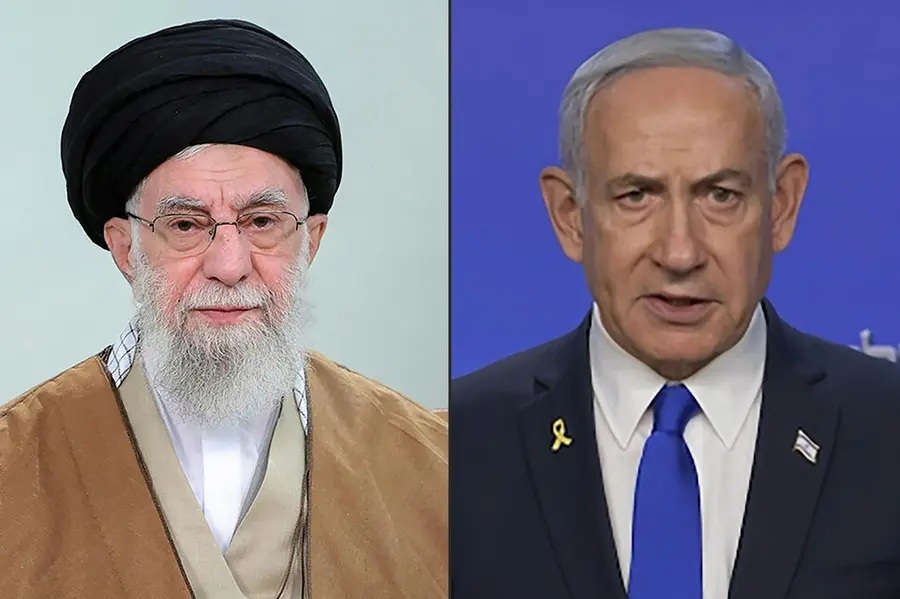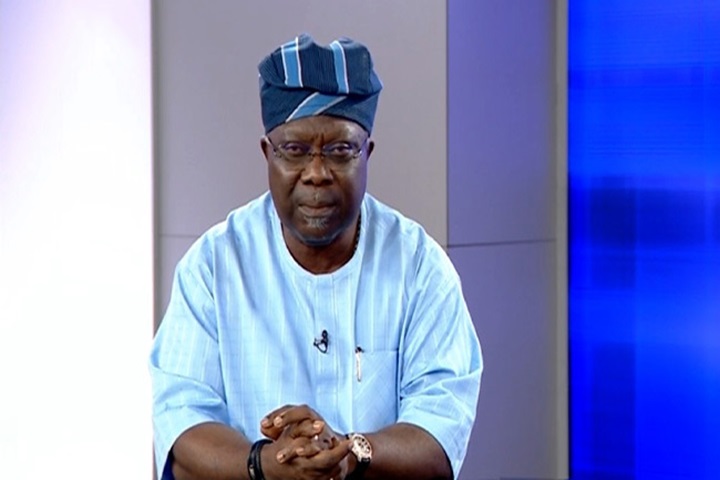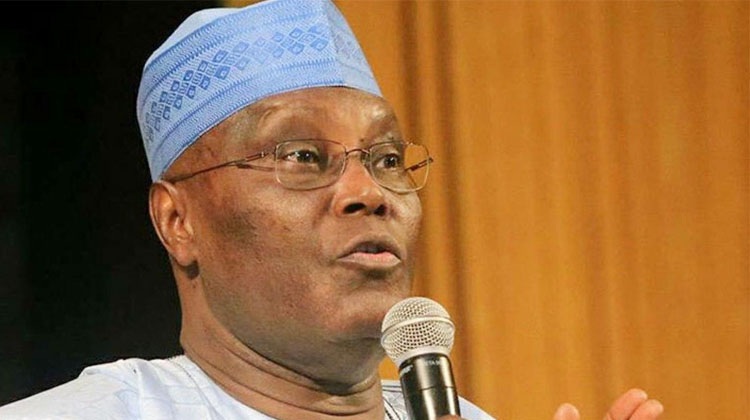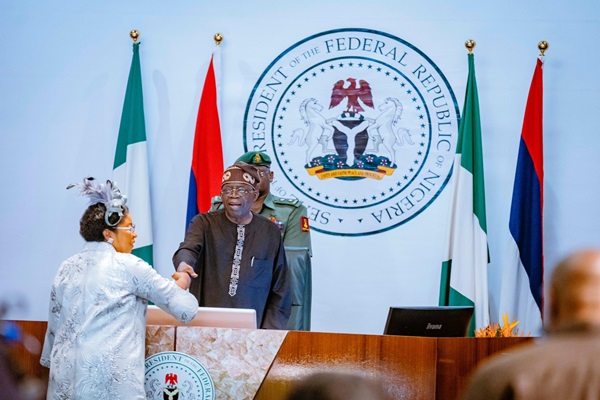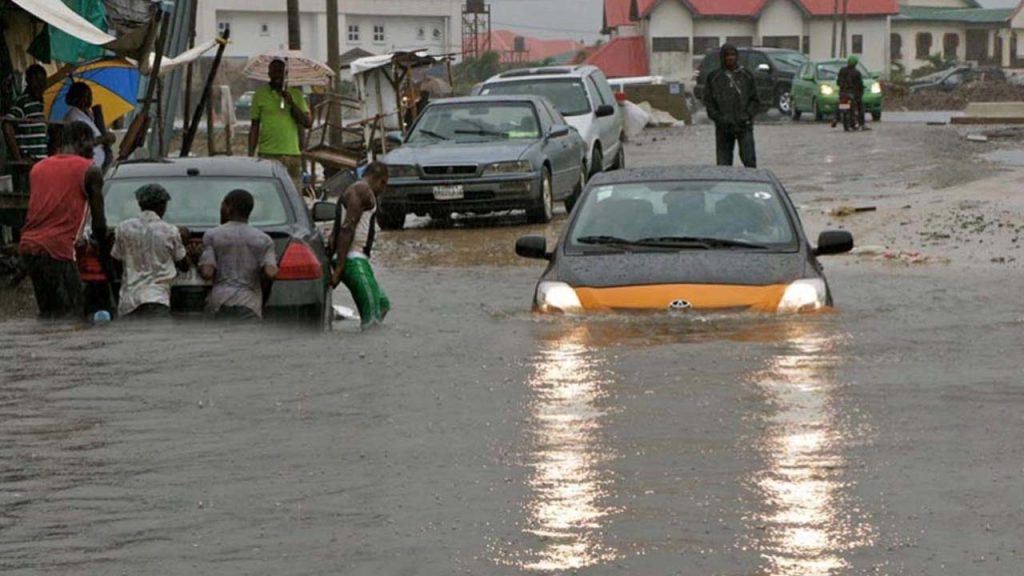Sports
Paris to name sports venue after murdered Ugandan Olympian Cheptegei

Paris will honor the late Ugandan Olympic runner Rebecca Cheptegei by naming a sports venue after her, French Mayor Anne Hidalgo announced on September 6, 2024.
Cheptegei, who competed in the women’s marathon at the Paris Olympics last month, died yesterday from severe burns inflicted by her boyfriend.
She was attacked at her home in Kenya, where she was doused with petrol and set on fire.
“She dazzled us here in Paris. We saw her.
“Her beauty, her strength, her freedom, and it was in all likelihood her beauty, strength, and freedom…
“Which were intolerable for the person who committed this murder.
“Paris will not forget her. We’ll dedicate a sports venue to her so that her memory and her story remain among us…
“And help carry the message of equality, which is a message carried by the Olympic and Paralympic Games,” Hidalgo told reporters.
Cheptegei, 33, made her Olympic debut in the women’s marathon at the Paris Games, finishing 44th.
Police and doctors reported that she suffered 80% burns after being attacked in front of her children on September 1, 2024, by her Kenyan partner, Dickson Ndiema Marangach.
The United Nations has labeled her death a “violent murder,” prompting widespread condemnation.
Women in sports facing abuse
Women athletes worldwide are particularly vulnerable to abuse, both domestically and within their sports careers.
This vulnerability stems from societal power imbalances, patriarchal norms, and the inherently high-pressure environments within competitive sports.
Abuse can manifest in many forms, including domestic violence, sexual harassment, and coercion by coaches or authorities within the sports industry.
Several high-profile cases highlight the widespread nature of this problem:
Hope Solo: The American soccer star has been both a victim and an accused in domestic violence cases.
Solo was arrested in 2014 for allegedly assaulting her half-sister and nephew. Her case also highlighted the pressures female athletes face off the field.
While the charges were later dropped, the incident drew attention to the domestic violence many athletes experience in silence.
Margarita Yelisseyeva: Russian biathlete, Margarita Yelisseyeva, was tragically murdered by her husband in 2019.
Yelisseyeva’s case highlights how domestic violence can affect women athletes, often shattering the public image of their seemingly successful lives.
Agnieszka Radwanska: In 2017, Polish tennis player, Agnieszka Radwanska, shared her experience with psychological and emotional abuse by her coach.
While she was not a victim of domestic violence per se, her testimony sheds light on broader issues of abuse within sports.
Coaches, officials, and sometimes fans are responsible for harassment and controlling behavior that often bleeds into athletes’ personal lives.
Rubi Sandoval: Mexican footballer Rubi Sandoval was killed by her husband in 2020, shocking Latin America’s sports community.
Her story exemplifies how female athletes are not immune to the dangers faced by women globally.
In Africa, the situation is equally troubling:
Agnes Tirop, Kenyan long-distance runner, was murdered by her husband in 2021, shortly after breaking the women’s 10km record.
Tirop’s death highlighted the hidden violence female athletes face at home, particularly in patriarchal societies where it’s stigmatized.
Efforts against domestic violence
Sports organizations and platforms have played a pivotal role in advocating against domestic violence.
In the past decade, sports federations and international bodies have worked to protect women athletes and ensure safer environments.
UN Women and FIFA Partnership: In 2019, UN Women partnered with FIFA to raise awareness about gender equality and violence against women in sports.
This initiative involved promoting campaigns during international matches and using sports as a tool to advocate for women’s rights.
NFL’s Partnership with Domestic Violence Advocacy Organizations:
Following multiple domestic violence cases involving male athletes, the NFL launched a partnership with advocacy organizations.
These include the National Domestic Violence Hotline and No More, a movement to end domestic violence.
This collaboration saw awareness campaigns during games and funding for advocacy efforts.
It also broadened the conversation on domestic violence in sports, initially focusing on male athletes but eventually including women’s stories.
International Olympic Committee (IOC) Initiatives: The IOC launched Safe Sport programs that aim to prevent harassment and abuse in sports, especially focusing on gender-based violence.
These programs provide guidelines and support structures for athletes who experience domestic or career-related abuse.
International Tennis Federation (ITF): The ITF’s “Tennis Against Abuse” campaign raised awareness among tennis professionals about the prevalence of domestic violence and abuse in the sport.
The campaign aimed to teach players, coaches, and officials how to recognize and respond to signs of abuse.
The National Coalition Against Domestic Violence (NCADV) estimates that 1 in 4 women will experience domestic violence in their lifetime.
Sports organizations have used these figures to galvanize action.
Additionally, 2020 European Parliament study found over 40% of women in sports experienced sexual harassment or abuse.
These alarming statistics have driven many sports bodies to take a proactive stance in creating safer environments for women athletes.
Women’s safety in sports
The personal safety of women in sports is a significant issue, particularly in countries where gender inequality is entrenched.
Female athletes often face gender-based violence both within their professional careers and personal lives.
Factors such as cultural stigma, weak legal systems, and lack of support mechanisms exacerbate these challenges.
In Kenya and Uganda, despite more attention to domestic violence, the safety of women athletes remains precarious.
Both countries have laws against domestic violence, yet enforcement is often weak.
Kenya’s 2015 Protection Against Domestic Violence Act has faced inconsistent implementation, leaving many rural victims unable to report abuse.
In Uganda, the Domestic Violence Act 2010 exists, but social pressure often silences victims, especially when the abuser is family.
However, local initiatives are starting to address these challenges:
Kenya’s Olympic Committee: After Agnes Tirop’s death, Kenya’s Olympic Committee and government promised improved protection measures for women athletes.
This includes creating safe reporting channels for abuse and ensuring psychological support services.
While the effectiveness of these measures remains to be seen, the move marked a significant step toward ensuring athlete safety.
Uganda Netball Federation: In 2019, Uganda proactively addressed abuse in netball, responding to reported cases of harassment within the sector.
The Uganda Netball Federation collaborated with international organizations to create safe spaces for women athletes to report abuse anonymously.
For Diaspora Digital Media Updates click on Whatsapp, or Telegram. For eyewitness accounts/ reports/ articles, write to: citizenreports@diasporadigitalmedia.com. Follow us on X (Fomerly Twitter) or Facebook



